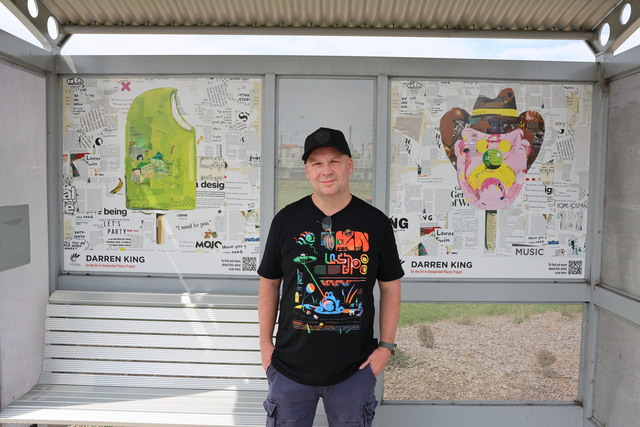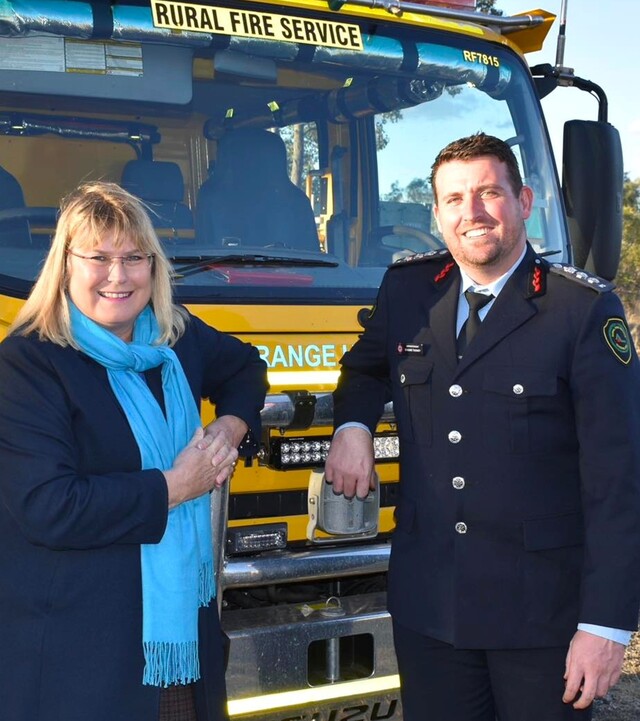Preventing more than a quarter of a million trucks from being added to Western Australian roads is the focus of an industry campaign launched in April.
The campaign was launched by rail operator WestNet Rail, with the support of grain handling specialists, Cooperative Bulk Handling (CBH); the Australian Railroad Group; and the Western Australian Local Government Association (WALGA).
They have called on the Western Australian Government to meet a third share of the
$200 million that is urgently needed to fix the 2,300 kilometre grain rail network.
The industry has said that if funding isn’t made available, rail lines in some areas will be closed, jeopardising the State’s $4.5 billion grain export industry.
WALGA President, Councillor Bill Mitchell, said that without immediate action to upgrade the grain freight rail network, an additional 300,000 trucks will be added to the road network per year.
This would have a devastating effect on roads in both regional areas and those feeding into ports, as well as local communities.
“A single 600 metre train is the equivalent to 50 trucks on the road,” Councillor Mitchell said. “If the thousands of kilometres of rail lines currently in use are forced to close, local communities will bear the burden, with grain laden trucks streaming through rural, regional and metropolitan areas.
“The increased traffic will have a marked effect on the condition of local roads, and will ultimately impact upon road safety and the amenity of local communities.
“When you consider there is already a shortfall of $112 million per annum to preserve local roads in their current condition, additional traffic of this size without additional funding will be almost impossible for Local Government to manage.”
Councillor Mitchell said that road infrastructure needs the same level of investment to accommodate grain freight as the rail system.
“Given that an investment of $400 million is required to accommodate grain freight on either rail or road, and the additional costs to road safety, greenhouse gas emissions and community amenity in pursuing freight on the road network, a failure to invest in rail will be incredibly shortsighted,” Councillor Mitchell said.
“Industry is ready to commit $133 million towards investment in maintaining the rail network. Now it is up to both the Western Australian and Federal Governments to step up and demonstrate their commitment to nation building infrastructure projects, as well as the safety and amenity of local communities.”
To find out more on the campaign visit www.grainonrail.com.au







